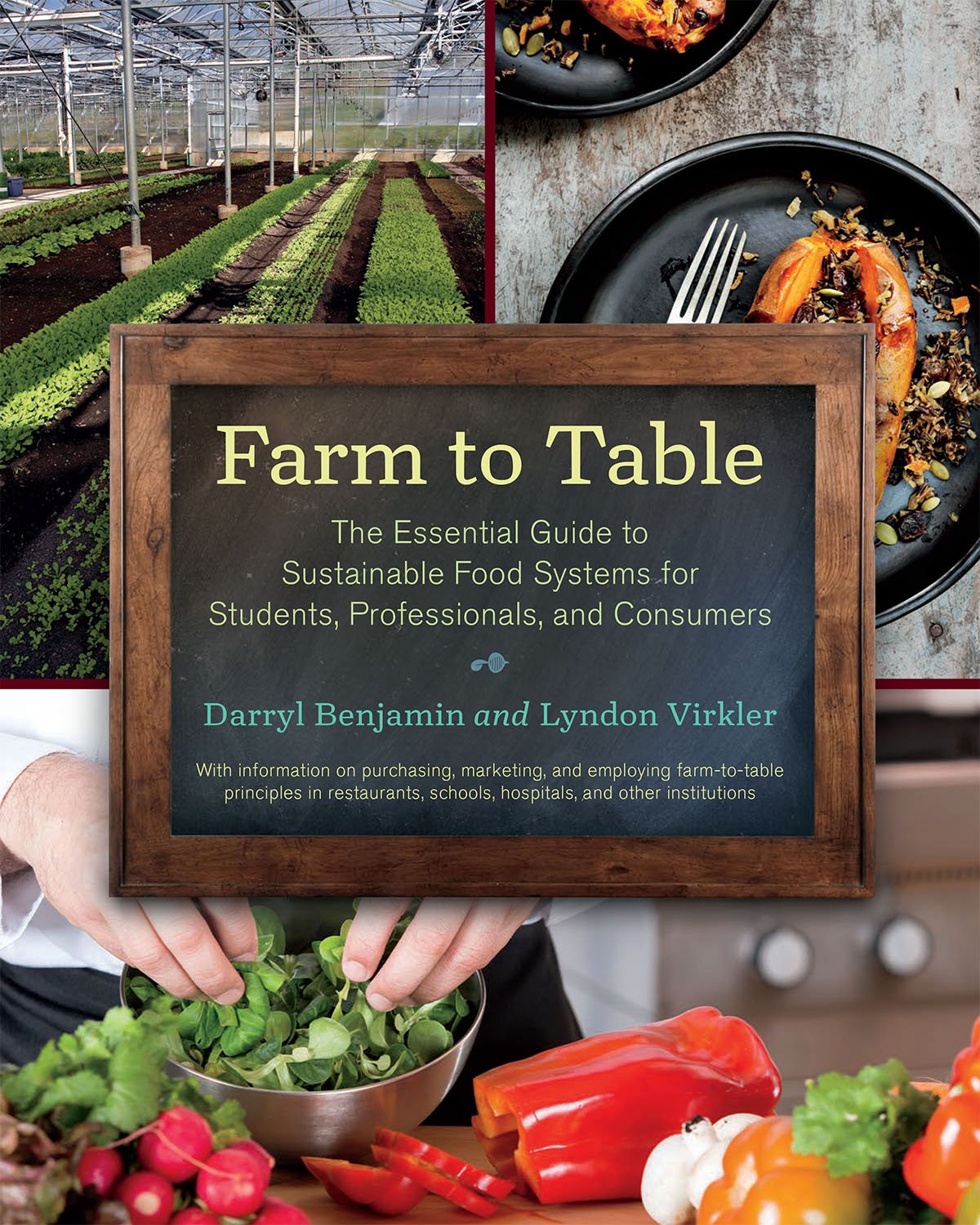Farm-to-Table Connecting Producers And Consumers
Welcome to our blog! Today, we want to talk about sustainable food and offer you an essential guide on how to incorporate it into your daily life. We believe that making conscious choices about the food we consume can create a positive impact on our health and the environment.

Sustainable food, simply put, refers to food that is produced, processed, and consumed in a way that minimizes harm to the environment, supports local communities, and promotes animal welfare. It is about making ethical choices that contribute to a healthier and more sustainable future.
What is sustainable food?
Sustainable food goes beyond just being organic or free from harmful chemicals. It takes into account the entire lifecycle of food, from production to disposal, and aims to minimize negative impacts on the environment and society.
Sustainable agriculture practices help reduce carbon emissions, protect biodiversity, and conserve natural resources. They prioritize soil health, minimize water usage, and avoid the use of synthetic fertilizers and pesticides. By supporting sustainable farming practices, we can help create a more resilient and sustainable food system.
Ideas for incorporating sustainable food into your life:
- Shop at local farmers markets: Supporting local farmers not only helps reduce carbon emissions from long-distance transportation but also ensures that you have access to fresh and seasonal produce.
- Grow your own food: If you have space, try growing your own vegetables and herbs. It's a rewarding and sustainable way to supplement your diet and reduce your carbon footprint.
- Choose organic and regenerative products: Look for products that are certified organic and support regenerative farming practices. These methods promote soil health, biodiversity, and carbon sequestration.
- Reduce food waste: Plan your meals, store food properly, and compost your kitchen scraps. Food waste contributes to greenhouse gas emissions, so by minimizing waste, we can reduce our environmental impact.
- Eat less meat: Animal agriculture is a significant contributor to greenhouse gas emissions. Reducing meat consumption and opting for plant-based alternatives can significantly reduce your carbon footprint.
Recommendations for sustainable eating habits:
When it comes to sustainable eating, there are no strict rules to follow. It's about making conscious choices that work for you and the environment. Here are some recommendations to help you incorporate sustainable eating habits into your lifestyle:
- Eat a variety of fruits, vegetables, whole grains, and legumes.
- Choose locally sourced and seasonal produce when possible.
- Support sustainable seafood choices by choosing sustainably caught or farmed fish.
- Opt for organic and non-GMO products whenever accessible.
- Try to eat lower on the food chain by including more plant-based proteins in your diet.
- Minimize processed foods and opt for homemade meals made from scratch.
- Drink tap water or use a water filter instead of purchasing bottled water.
- Reduce your consumption of single-use plastics, such as plastic bags and bottles.
- Educate yourself about food labels and certifications to make more informed choices.
- Engage in conversations and support initiatives that promote sustainable food systems.
Listicle of sustainable food practices:
1. Organic Farming
Organic farming avoids the use of synthetic fertilizers, pesticides, and genetically modified organisms (GMOs). It focuses on building healthy soil, promoting biodiversity, and reducing environmental pollution.
2. Permaculture
Permaculture is a design system that mimics natural ecosystems to create sustainable and self-sufficient food production. It utilizes techniques such as companion planting, water harvesting, and soil regeneration.
3. Community Supported Agriculture (CSA)
CSA programs allow individuals to subscribe to a local farm and receive a share of the produce throughout the growing season. It strengthens the connection between consumers and producers and supports local agriculture.
4. Food Waste Reduction
Reducing food waste is essential for achieving a sustainable food system. By managing our food consumption, planning meals, and composting, we can significantly reduce the environmental impact of wasted food.
5. Regenerative Agriculture
Regenerative agriculture focuses on rebuilding soil health, increasing biodiversity, and sequestering carbon. It utilizes practices such as cover cropping, rotational grazing, and agroforestry to create resilient and sustainable farming systems.
Question & Answer: Common queries about sustainable food
Q: Is eating organic food necessary for a sustainable diet?
A: Eating organic food is not the only marker of a sustainable diet. While organic farming has its benefits, supporting local and seasonal produce, reducing meat consumption, and minimizing food waste are equally important in promoting sustainability.
Q: Can sustainable food be affordable?
A: It is a common misconception that sustainable food is always expensive. By shopping locally, planning meals, and reducing food waste, sustainable eating can be accessible and budget-friendly.
Q: How can I make a difference in promoting sustainable food?
A: There are many ways you can make a difference, such as supporting local farmers, advocating for sustainable farming practices, and educating others about the importance of sustainable food systems.
Summary of the essential guide to sustainable food
This essential guide aimed to provide you with insights into sustainable food and how you can incorporate it into your life. It highlighted the importance of making conscious choices that support local communities, protect the environment, and promote healthy eating habits.
By considering ideas for sustainability, recommendations for sustainable eating habits, a listicle of sustainable food practices, and addressing common questions, we hope this guide has empowered you to take steps towards a more sustainable food future.
Remember, each choice you make as a consumer can have a lasting impact. Let's work together to create a better world through sustainable food practices!
Post a Comment for "Farm-to-Table Connecting Producers And Consumers"